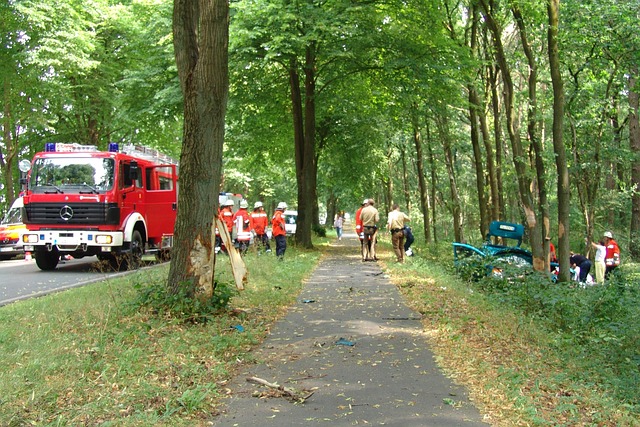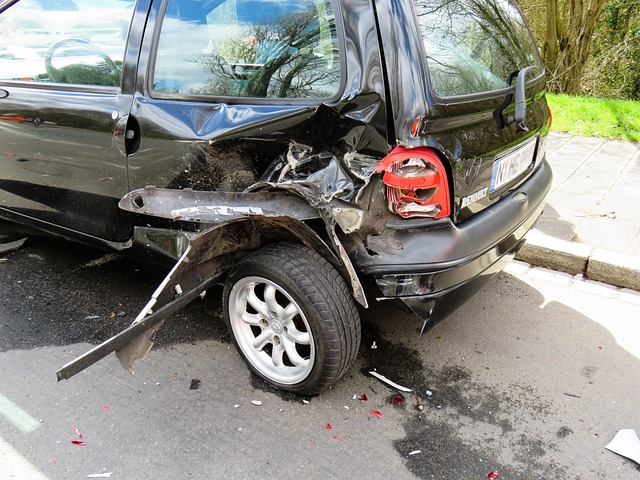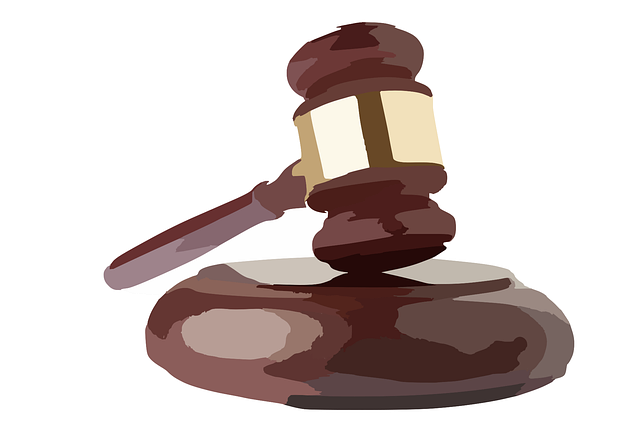Product liability compensation claims face stringent evidence requirements, in-depth investigations, and bureaucratic documentation delays. Insurance companies often deny or delay payments, despite clear negligence. Calculating damages is complex and time-consuming, especially for subjective factors like pain and suffering. Specialized attorneys help but intricate cases prolong securing rightful product liability compensation for victims.
Product liability claims can be a lengthy process, often fraught with delays. This article explores the common hurdles that prevent victims from receiving timely product liability compensation. From complex legal procedures and documentation backlogs to insurer denials and appeals, these challenges can significantly prolong the journey towards justice. Understanding these delays is crucial for those affected by defective products, as it empowers them to navigate the system more effectively and advocate for their rights.
- Complex Legal Processes and Documentation Delays
- Insurer Denials and Appeals: A Common Roadblock
- Calculating Damages: Time-Consuming and Subjective
Complex Legal Processes and Documentation Delays

The legal process surrounding product liability compensation is often complex and intricate, which can significantly delay the time it takes for victims to receive their rightful payouts. This complexity arises from the rigorous requirements in gathering evidence, conducting investigations, and preparing detailed legal documents. Each step demands meticulous attention to ensure a strong case, but these processes can be lengthy. For instance, establishing liability in product liability cases may involve extensive research, expert opinions, and multiple parties, all of which contribute to delays.
Moreover, the documentation process is another critical yet time-consuming aspect. Victims of defective products must submit comprehensive medical records, purchase history, and detailed descriptions of the incident, among other documents. These papers must be accurately compiled, organized, and presented to support the claim, adding layers of bureaucracy that can stall the compensation journey. Engaging the services of a qualified car accident lawyer or truck accident attorney can streamline these processes, but even with legal representation, navigating these complex procedures demands patience and persistence.
Insurer Denials and Appeals: A Common Roadblock

Many victims of product liability cases face significant delays when pursuing product liability compensation. One of the most common roadblocks is insurer denials and appeals. Insurance companies often deny claims or delay payments, relying on various tactics to avoid financial responsibility for defective products that cause harm. They may dispute the validity of the claim, question the extent of injuries sustained, or even blame the victim, despite clear evidence of their negligence.
These denials can be particularly frustrating in cases like slip and fall incidents where product defects contribute to accidents, or instances of caregiver negligence, where products designed for safety fail. Victims are left navigating complex legal processes, appeals, and negotiations while dealing with the physical and emotional aftermath of their injuries. This lengthy process can delay access to the product liability compensation they rightfully deserve.
Calculating Damages: Time-Consuming and Subjective

Calculating damages in product liability cases can be a complex and time-consuming process, often involving extensive documentation and subjective assessments. Determining the financial compensation for victims injured by defective products requires meticulous scrutiny of medical records, expert opinions, and market data. Every case is unique, with variables such as the severity of injuries, long-term effects, lost wages, medical expenses, and pain and suffering contributing to the overall damage assessment.
This subjective nature can lead to significant delays in resolving product liability claims. Accident attorneys specializing in these cases must meticulously gather and analyze evidence to support their clients’ claims for product liability compensation. Moreover, when dealing with complex cases like nursing home abuse or elder law issues, the legal process becomes even more intricate, further prolonging the time it takes to secure rightful compensation for victims.
Receiving product liability compensation can be a lengthy process due to various delays, from complex legal procedures and documentation issues to insurer denials and damage calculation subjectivity. Understanding these common roadblocks is crucial for consumers navigating the system. By being aware of potential challenges, individuals affected by defective products can better prepare and advocate for their rights, ultimately ensuring a smoother path toward just product liability compensation.






